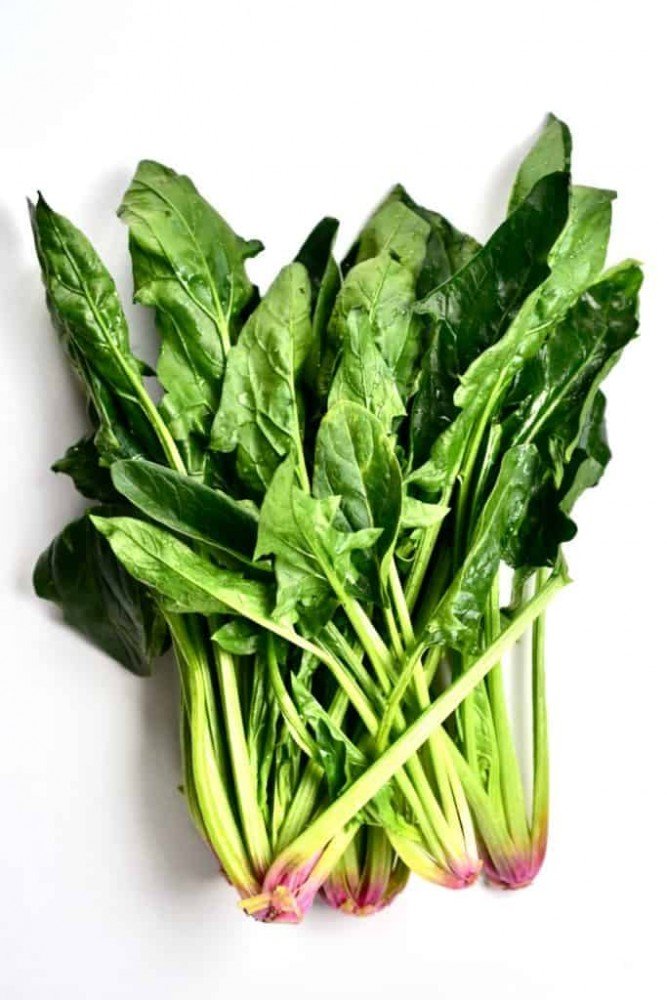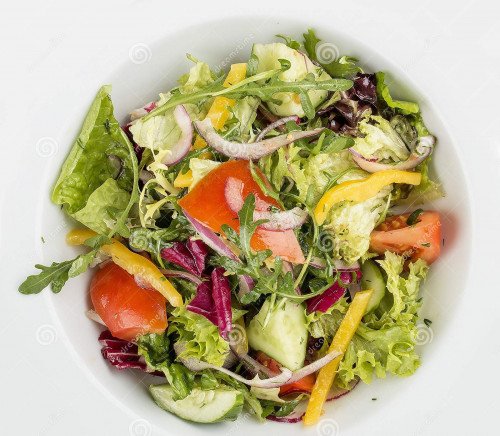Known by Arabs as the prince of vegetables, it is part and parcel of many people's meals all over the world. However, it is not safe for people who have kidney stones or thyroid issues.
A serving per day lowers your risk of heart disease and stroke significantly. This vegetable also contains anti-oxidants and anti-inflammatory compounds that may protect your brain from damage. It is also high in folate, a valuable B vitamin you need for your daily needs.
A vital mineral in spinach is vitamin K, this is known to help lessen varicose veins as it contains a high percentage of this mineral. Also, other sources include kale, collards, and turnip greens.
To get the most nutrition from spinach, use it quickly. Fresh spinach can lose much of its carotenoids and folate during the first four days of storage if left unrefrigerated. If you can not use it fast, purchase frozen spinach.
Last but not least, vitamin C in spinach helps fight cancer-causing ''bugs'' in meats and other foods you may eat.
When storing spinach, place it in a plastic bag in the fridge for up to four days. Don't store cooked spinach.
When cleaning place the spinach in a bowl of room-temperature water. Stir to dislodge dirt. Replace the dirty water with clean water and swirl again. Repeat until no dirt appears in the water. Shake the raw spinach dry in a colander before adding to salads or sandwiches.
Cut off thick stems before cooking. Speedy cooking methods include sauteing, steaming, and microwaving.


Add your reply
Replies